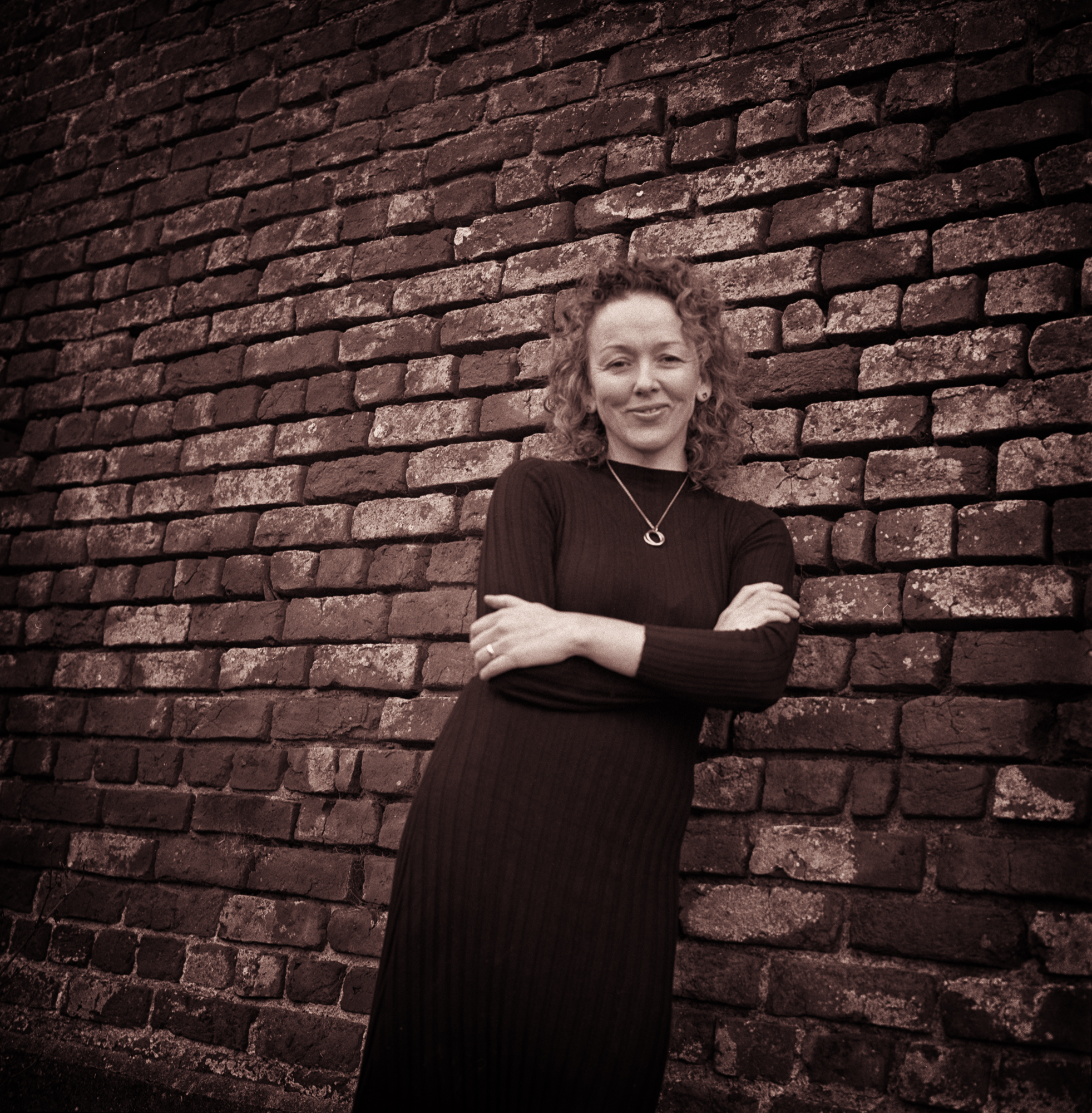Imelda Kehoe is an Irish Contemporary Folk Singer Songwriter. She has created her own style, which is influenced by Folk, Blues and with elements of Soul. Her songs are Melody rich, full of stories, life experiences written with the listener at heart and with a definite World music feel.
‘Beautiful, heartbreaking pop inspired songs that trip along and pull you in to their melodies and chord structures that are reminiscent of Paul Weller’s Butterfly Collector or English Rose’ Billy Roche, Songwriter, Playwright, Actor
From a big Irish/English family, Imelda was born in Leeds but spent most of her childhood moving around and living in beautiful locations in England and Wales while her parents renovated old properties to the soundtrack of her Father’s record collection, which included Nat King Cole, Buddy Holly, Simon and Garfunkel, Mamas and Papas and the Beach Boys. She describes these early influences as shaping her love of good melody. She trained as Nurse in Leeds and worked in inner City A&E and Intensive Care departments and cites these experiences as being influential in her Song Writing.
Connect with Imelda:
NEW ALBUM OUT NOW: https://smarturl.it/BlueSkyBabyIK
WEBSITE: https://www.imeldakehoe.com/
FACEBOOK: https://www.facebook.com/ImeldaKehoeMusic
YOUTUBE: https://www.youtube.com/channel/UCncd8tMsq6VRBAAxZ1WuzxA
